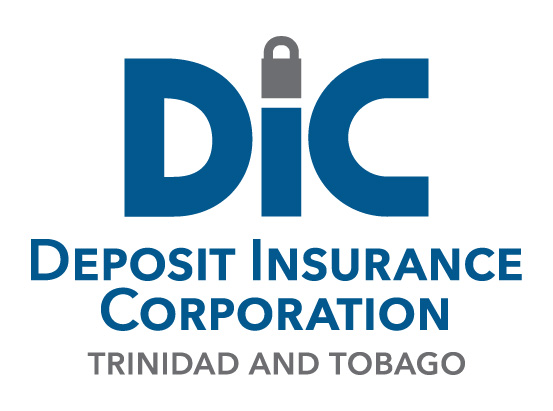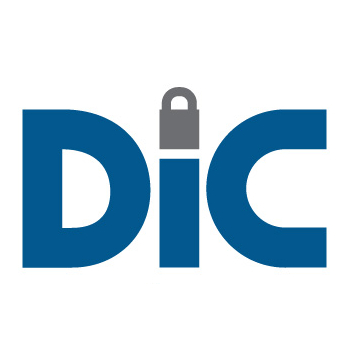What happens to cheques which are not cleared on a depositor’s account before the business of the institution is closed?
Those cheques will not be paid or charged against the account because the action by the Central Bank to suspend the operations of the institutions will cause all accounts to be frozen at the date of suspension. Such cheques will be returned and usually will be marked “drawee bank closed”, …




